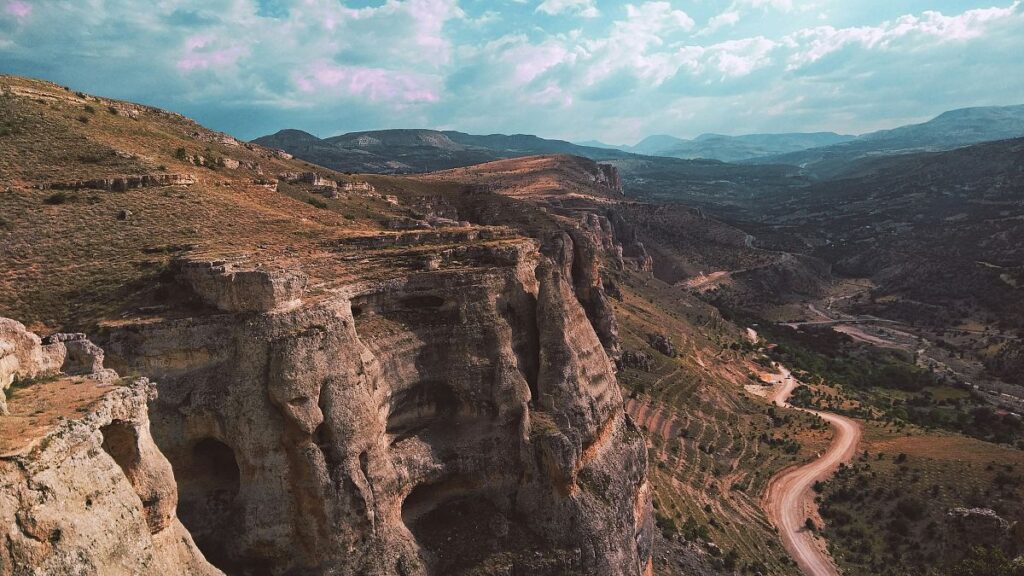The train stops at destinations such as Kayseri, Malatya and Elazig, allowing plenty of time for sightseeing.
advertisement
Travelers to Turkiye will soon be able to explore its historical treasures and gastronomy on a new tourist train.
The Mesopotamian Express departs from the capital Ankara and winds its way through the interior, eastern and southeastern Anatolian regions.
The train stops at destinations such as Kayseri, Malatya, and Elazig, allowing you plenty of time for sightseeing.
“This is extremely important for the development of tourism in our city and region,” Mehmet Kaya, chairman of the Diyarbakir Chamber of Commerce and Industry, told Turkish media.
“We’ve done everything we can to help people see and learn about the area. This will be an important tool for people to see and learn about the culture.”
The first passenger service will depart from Ankara on April 19th, with return flights from Diyarbakir scheduled to begin on April 21st.
New Turkish tourist train takes tourists on a tour of cultural treasures
The Mesopotamia Express has nine sleeping cars and one dining car, with a maximum passenger capacity of 180 passengers.
Cabins can accommodate two people and prices start from TRY 9,000 (EUR 257) for the outbound journey and TRY 8,000 (EUR 230) for the return trip.
Passengers can expect a seat that transforms into a bed at night, as well as amenities such as a refrigerator, sink, wardrobe and heating.
The 1,051-kilometre journey takes you through rugged desert landscapes and past the snow-capped peak of Mount Erciyes, a dormant volcano that reaches an altitude of 3,916 meters.
The train makes three stops along the way. Passengers will spend 3 hours exploring Kayseri and Malatya, and 4 hours in Elazug.
During their stay, travelers can taste local cuisine and visit archaeological sites.
Kayseri, the historic capital of Cappadocia, is famous for its Seljuk ruins, including mosques, tombs, and seminaries dating back to the 13th century.
The city is home to Turkiye’s oldest Seljuk mosque, built in 1238. The Hunat Hatun Mosque complex still has commercial hammams, separated for men and women.
Near another ancient city, Malatya, you can visit Arslantepe Mound, an open-air museum with palaces, temples, wall paintings and statues dating back to 3000 BC and a UNESCO World Heritage Site.
The Malatya region is known as the “land of apricots” and supplies around 50 percent of Turkiye’s fresh apricots and 95 percent of its dried apricots.
In Elazig, travelers can find one of the richest cuisines in Turkiye. Look out for kerekos, a yogurt-softened flatbread with sautéed meat and onions, ishkun yemei, a wild rhubarb dish, and kommeh, a filo pastry filled with layers of meat and walnut paste and baked.


